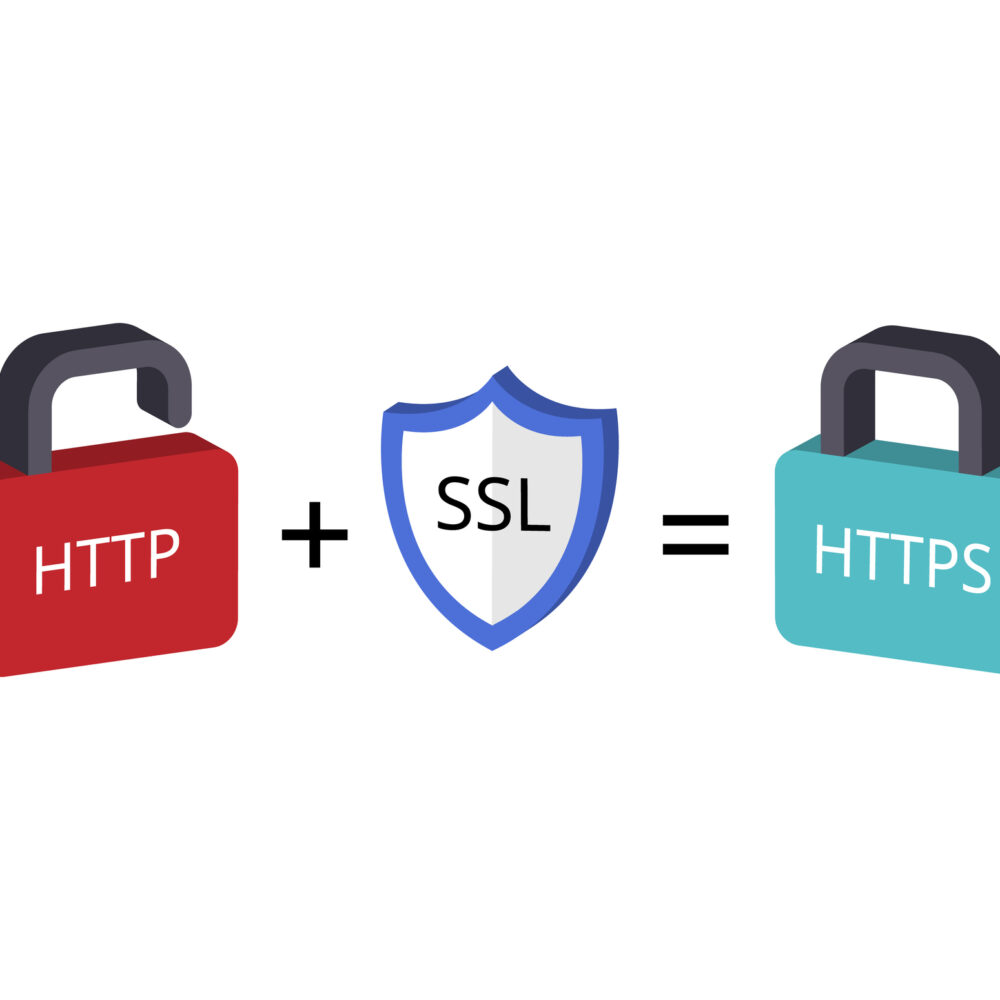
SSL Lookup: The Key to Website Security and Trust
Created on 13 November, 2025 • Checker Tools • 70 views • 2 minutes read
In today’s digital world, website security is more important than ever. Users expect safe browsing experiences, and search engines reward websites that protect user data. This is where SSL Lookup comes in — a powerful tool that allows users and webmasters
SSL Lookup: The Key to Website Security and TrustIn today’s digital world, website security is more important than ever. Users expect safe browsing experiences, and search engines reward websites that protect user data. This is where SSL Lookup comes in — a powerful tool that allows users and webmasters to check, verify, and monitor the status of SSL certificates on websites.
What Is SSL Lookup?
An SSL Lookup is a process or tool that checks the SSL/TLS certificate of a website to ensure it is valid, trusted, and properly configured. SSL (Secure Sockets Layer), and its modern replacement TLS (Transport Layer Security), are protocols that encrypt data between a user’s browser and a web server.
When you perform an SSL lookup on a website (for example, https://example.com), the tool retrieves details such as:
* Certificate issuer (e.g., Let’s Encrypt, DigiCert, GoDaddy)
* Expiration date
* Encryption type (e.g., RSA, ECDSA)
* Domain name validation
* Whether the certificate is expired, self-signed, or misconfigured
These checks ensure the site you are visiting is authentic and safe for data exchange.
Why SSL Lookup Is Important
1. Ensuring Data Security
SSL certificates encrypt sensitive data like passwords, payment details, and personal information. By running an SSL lookup, you can confirm that encryption is active and up to date. This helps protect both businesses and users from cyberattacks, such as man-in-the-middle or phishing attacks.
2. Boosting SEO and User Trust
Search engines like Google favor secure websites. Pages with HTTPS (enabled by SSL certificates) often rank higher than non-secure HTTP sites. An SSL lookup can confirm your SSL setup is correct, preventing “Not Secure” warnings in browsers that might scare away visitors.
3. Avoiding Certificate Expiry Issues
Expired SSL certificates can break secure connections, display browser warnings, and damage brand credibility. Regular SSL lookups remind webmasters to renew certificates before expiration to maintain a secure browsing experience.
How SSL Lookup Works
Step 1: Input the Domain
You enter the website’s URL (e.g., www.example.com) into an SSL lookup tool.
Step 2: Tool Fetches Certificate Details
The tool connects to the server using port 443 and requests the SSL certificate chain.
Step 3: Verification and Report
The system then analyzes the certificate — verifying the issuer, expiration, domain match, and encryption algorithm. Finally, it displays a report showing if the certificate is valid, expired, or incorrectly configured.
Popular SSL lookup tools include SSL Labs, MXToolbox, SSL Checker, and DigiCert SSL Tool.
When Should You Use SSL Lookup?
* Before launching a website – to verify your SSL setup is valid and trusted.
* During routine maintenance – to ensure certificates haven’t expired or been misconfigured.
* When troubleshooting HTTPS issues – to identify invalid or mismatched certificates.
* For competitor or research analysis – to check who issued their SSL and how long it’s valid.
Conclusion: Stay Secure With Regular SSL Lookups
An SSL Lookup is more than a technical tool — it’s a crucial part of website maintenance and online trust. By regularly checking your SSL certificates, you can ensure your website remains secure, credible, and search-engine friendly.
In 2025 and beyond, as cyber threats evolve and online competition grows, keeping your SSL certificates valid and strong is one of the simplest yet most powerful ways to protect your digital presence.